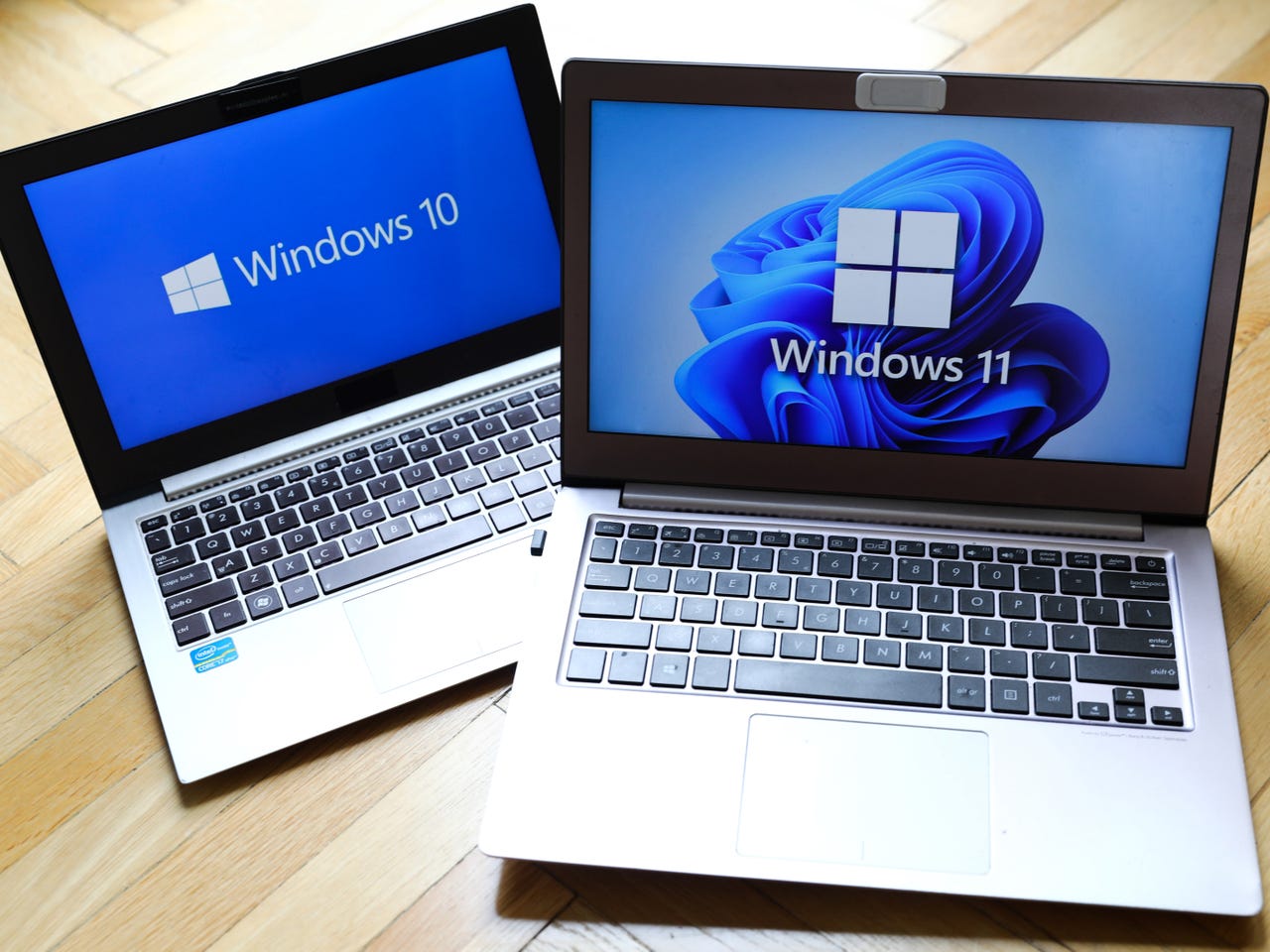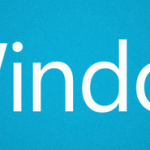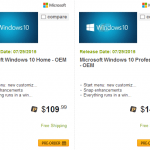Seven years ago, Microsoft launched Windows 10. It quickly became one of the most popular and well loved operating systems by the Redmond company, before it was surprisingly superseded by Windows 11 back in 2021. Windows 10 remains the most popular version of the Windows operating system in use today, but Microsoft is more than ready to move on.
Microsoft has decided to stop selling Windows 10 Home and Windows 10 Pro licenses on its website.
If you, for whatever reason, wanted to get an official copy of Windows 10 Home or Windows 10 Pro from Microsoft—you’ll now be greeted by the following message when visiting either purchase page reveals a note stating:
“January 31, 2023 will be the last day this Windows 10 download is offered for sale. Windows 10 will remain supported with security updates that help protect your PC from viruses, spyware and other malware until October 14, 2025.”
This decision doesn’t mean new licenses for Windows 10 won’t be available by other means, but Microsoft isn’t going to offer arguably the easiest way to buy one anymore. A Windows 10 Home download license costs $139, while Windows 10 Pro costs $199.99. You can, however, purchase a license for either Windows 11 Home or Windows 11 Pro in the same way and for the same price directly from Microsoft. By choosing Windows 11, your PC will be using an operating system that is still being actively developed and therefore has many more years of support ahead of it unlike Windows 10.
In any case, it’s also worth pointing out that Microsoft is seemingly still allowing you to download a Windows 10 disc image file or a Windows 10 media creation tool if you wanted to install a fresh copy of Windows 10 yourself, minus the license for it. This means that, if you don’t mind an ‘Activate Windows’ watermark on the bottom of your screen, you can totally still just get the installation tool and install Windows 10 on your device. It’s pretty much as good as regular Windows 10, and avoids any problem you may get with from using a cheap key bought online. There’s another good reason to do that to; Windows 10 has been around for so long that it’s considered a much more stable operating system by many compared to Windows 11, and according to Microsoft they’ll still be supporting it anyway at least until 2025.
Nevertheless, this is likely the beginning of the end for Windows 10, once deemed the ‘last version of Windows you’ll ever need’. With Windows 11 turning two this year, Microsoft likely wants to encourage more people to switch over to their latest operating system as soon as possible. In fact, if you’re running a reasonably new system with Windows 10, you can still upgrade to Windows 11 for free; Microsoft did not officially give an end date for users to upgrade to Windows 11 for free.









